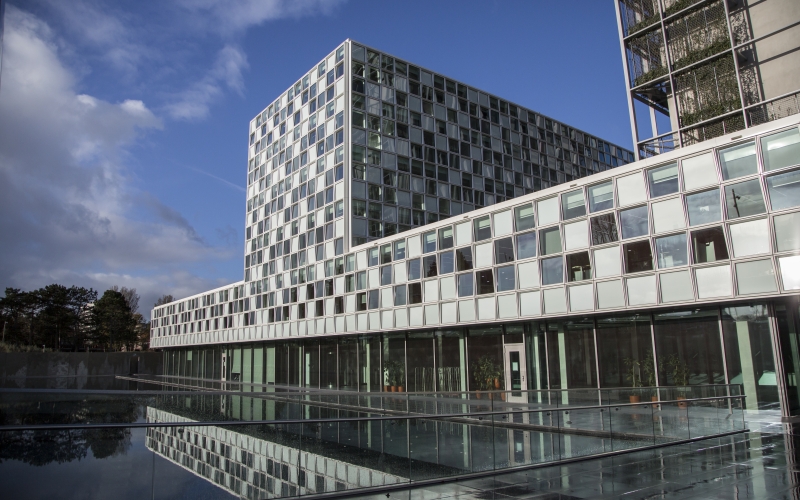In the face of threats, States must defend the independence of the ICC and safeguard victims’ access to justice

In the past weeks, a series of concerning threats have been made against the Court and its officials, aimed at undermining the independence and work of the Court. These include calls for sanctions against the Court’s officials by Israeli Prime Minister Benjamin Netanyahu and some lawmakers from the United States of America (USA). The latest threats were made after ICC Prosecutor Karim Khan announced that his Office had applied before ICC Pre-Trial Chamber I for five arrest warrants in the situation in the State of Palestine.
While attempts to derail the pursuit of criminal accountability for international crimes are not new, protecting the ICC is particularly important today in the face of escalating hostility towards the Court and the high demand for justice around the world. As a court of last resort complementing national courts, the ICC has a crucial role to deliver justice to victims when States are unwilling or unable to genuinely investigate and prosecute Rome Statute crimes, no matter where they are committed and by whom.
The Coalition welcomes the reaffirmation by the presidency of the Assembly of States Parties (ASP), the ICC’s management oversight and legislative body, of “its firm commitment to uphold and defend the principles and values enshrined in the Rome Statute and to preserve its integrity undeterred by any threats or measures against the Court, its officials and those cooperating with it”. The Coalition also applauds condemnation of these threats by several States Parties, as well as the European Union (EU), and their reiteration that they will uphold their obligations to cooperate with the Court so it can execute its mandate.
As the Court has expanded its work to more situations and regions in recent years, it has attracted further politicised opposition and hostile reactions aimed at thwarting its efforts to deliver justice. These have included economic sanctions and travel restrictions of ICC personnel, the targeting of ICC elected officials and human rights defenders, media backlash, as well as cyber-attacks. States Parties have to date played a crucial role in defending the Court against undue interference, allowing it to continue fulfil its global mandate independently.
While the Court’s activities are coming under threat once again, the 124 States Parties to the ICC Rome Statute have a responsibility to step up for and defend the Court by making strong, concrete expressions of support and by unequivocally condemning and opposing threats and any sanctions against the Court, its personnel, and those cooperating with it. This can be done individually and jointly. In addition, States should consider other relevant measures to safeguard the integrity, effectiveness, or impartiality of the institution, its officials, and those cooperating with it.
At the same time, political and diplomatic support needs to be matched with concrete actions to ensure that the Court has the space and ability to independently deliver justice to victims. ICC States Parties have legal obligations under the Rome Statute to cooperate fully with the Court in its investigation and prosecution of crimes within the jurisdiction of the Court, including by executing arrest warrants. For the Court to deliver justice independently and impartially in all situations before it, ICC States Parties also have the responsibility to provide long-term, sustainable financial resources.
The Coalition also reiterates its deep concern over threats and repressive measures against human rights defenders and civil society at the forefront of the fight against impunity. Around the world, human rights defenders and civil society organisations face threats and reprisals for their work to advance justice for victims and for their cooperation with the ICC. ICC States Parties, the Court and international and regional organizations must protect and defend human rights defenders and civil society and condemn threats against them, resolutely and consistently.
Now, more than ever, the strong, unified voices of States Parties are needed to defend the Court’s ability to deliver justice to victims of the most serious crimes across its global mandate.
Image credits: ©ICC-CPI
